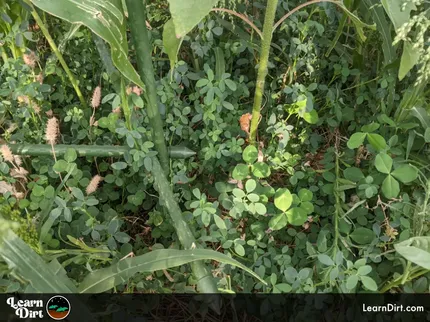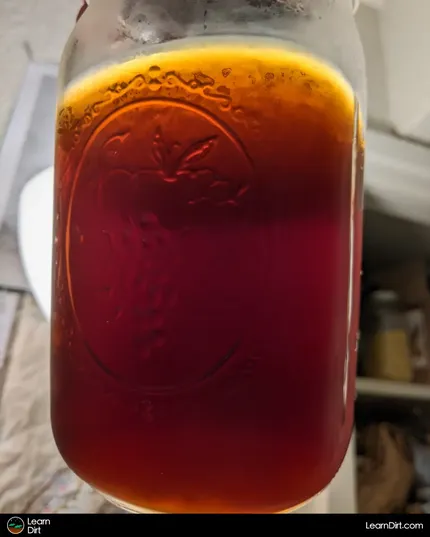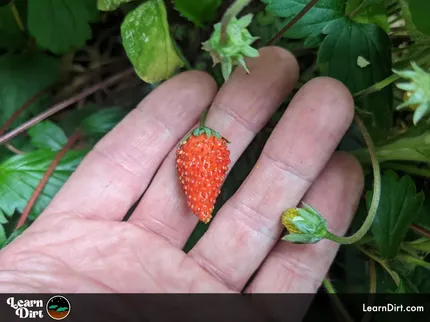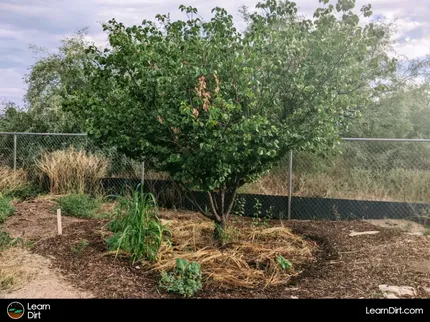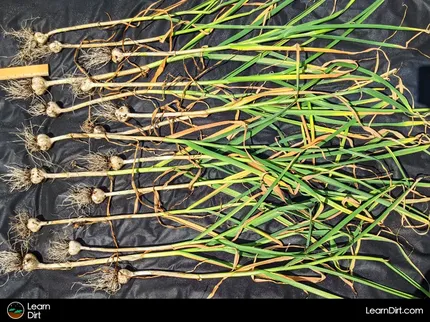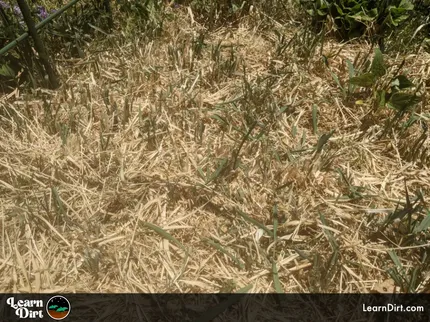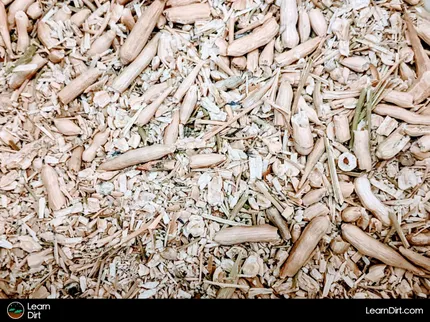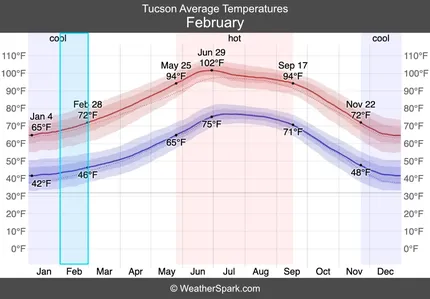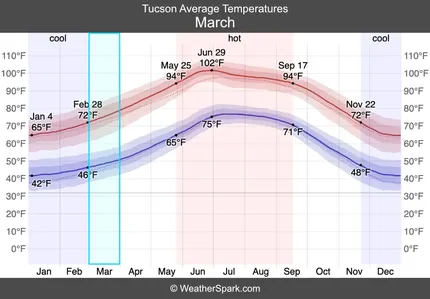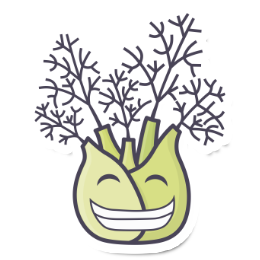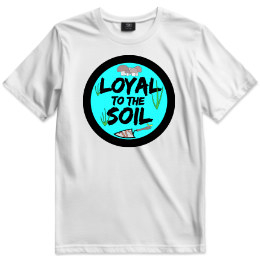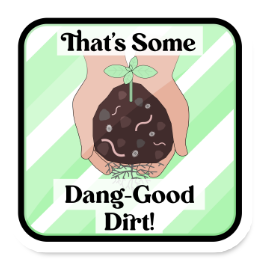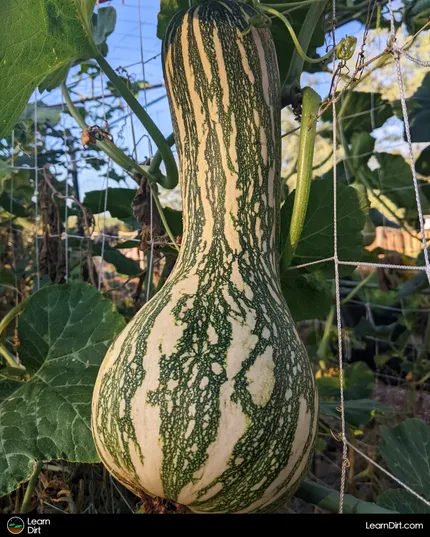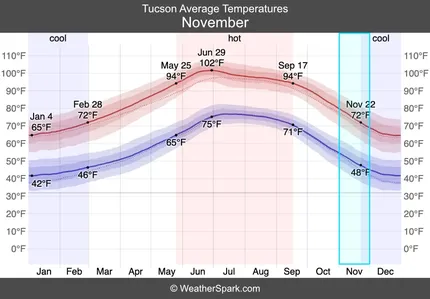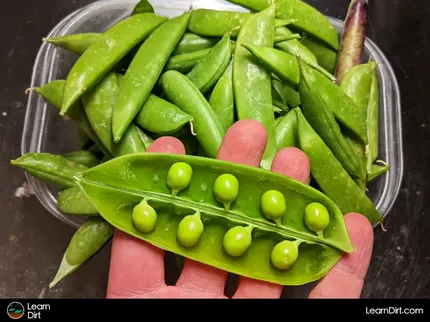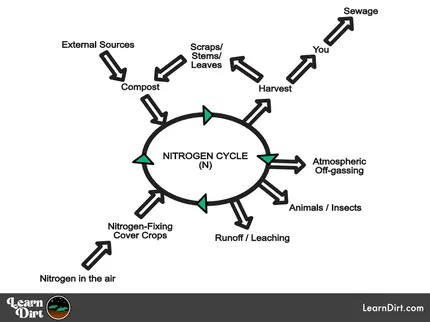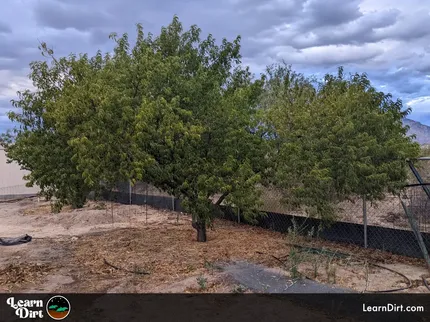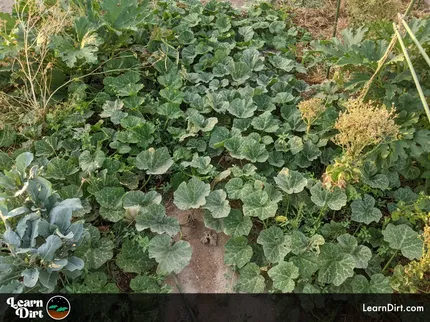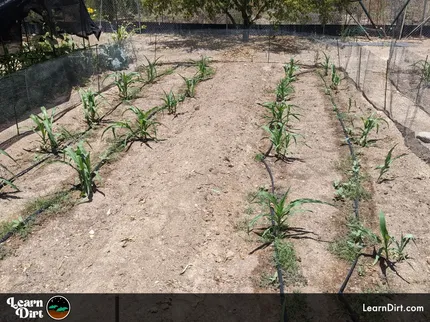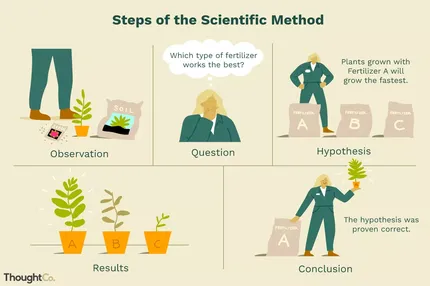Table of Contents
- Are Ants Good for Gardens?
- What Roles Do Ants Play?
- Is Sandy Soil the Reason for Your Garden Ants?
- Final Thoughts...
* Our articles never contain AI-generated slop *
Got a case of ants in your garden soil? Before reaching for the insecticides, let's learn about the role these important critters play!
Ants in the garden can be a common sight, and many gardeners want to rid themselves of them once and for all. This mindset doesn't account for the vital role that ants play in the ecosystem, though.
Are Ants Good for Gardens?
At first glance, ants may appear malicious to gardeners - running off with seeds, farming aphids, and biting when disturbed.
Disclaimer: This post may contain affiliate links. Refer to the privacy policy for more information.
While they can certainly feel like a nuisance, ants are a vital component to many ecosystems and have a beneficial role to play in your garden.
Ants Are Part of the Food Web
Complex Systems require a delicate balance with every component relying on every other component - and your garden ecosystem is no exception.
It's worth warning that poisoning ants will often poison the entire ecosystem. As a food source for birds, lizards, small mammals, and larger insects, feeding poison to ants will harm the entire food chain. In outdoor environments, poisons always backfire and I cannot suggest enough that you learn to live with ants instead of demonizing these wonderful composters.
What Roles Do Ants Play?
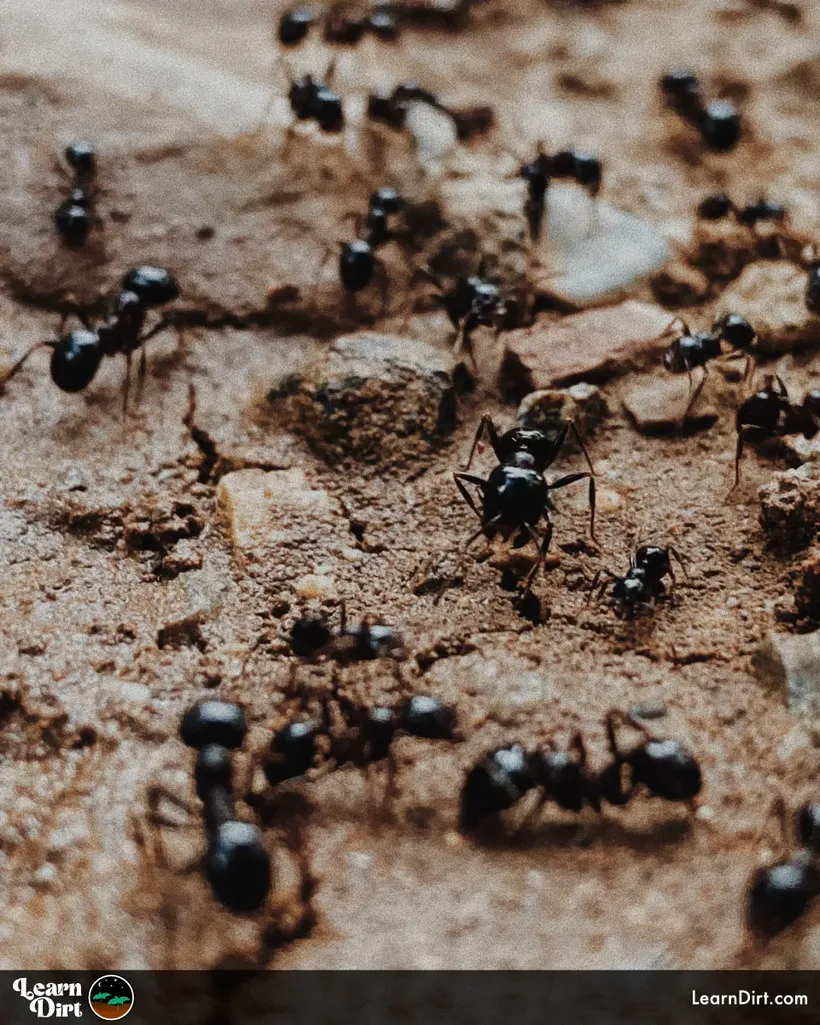
Are Ants Decomposers?
In Arizona, we call ants the "worms of the desert" - because of how much their role overlaps with that of worms in wetter environments!
Ants are exceptionally important decomposers and help break down and recycle organic matter.
They haul decaying organic matter down underground, where it ultimately helps to improve the soil quality by adding nutrients and improving soil structure.
Join The Grower's Community
Find your people.
Your voice matters here.
🌱
Check It Out!
This nutrient cycling process plays a vital role in maintaining a healthy and fertile garden!
Ants Are Vital Pollinators
When it's ant season, you may see your flowering plants covered in highways of ants commuting to-and-from the flowers. They play an important role in pollination, transporting pollen from flower to flower as they collect pollen and nectar for food.
Ants Cycle Nutrients
There's nary a creature who can strip decaying leaves and plant matter faster than ants. They're incredible at it!
Rather than dead plants and foliage remaining in place at the end of the growing season, destined to slowly wither, ants speed up the process of stripping them for nutrients.
Think of them like junkyard operators, tearing out any bits of value from the previous season's plants and recycling them.
Ants demonstrate amazing teamwork and move super quick to carry the decaying matter underground where it can return to the soil.
Often, carrying nutrients underground where its moist means aiding fungi in colonizing the plant matter - speeding up its decay. Many ants then feed off the fungi - utilizing the nutrients for their colony during active periods of the year.
Most species of ants only live a few weeks to months, before their nutrients are released again to be brken down by soil organisms and become available to plants.
Ultimately, ants help return above-ground nutrients from dead plants back to the soil for future plants, completing the nutrient cycle.
Ants Disperse Seeds
Ants have been known to run off with seeds, especially when seeds aren't buried and are lying on the soil.
Some ants eat the seeds whole, but others only eat only a small outer portion of the seed called an elaiosome - evolved specifically to attract ants for their help with seed dispersal.
Check out this cluser of ant-planted pearl millet as an example:
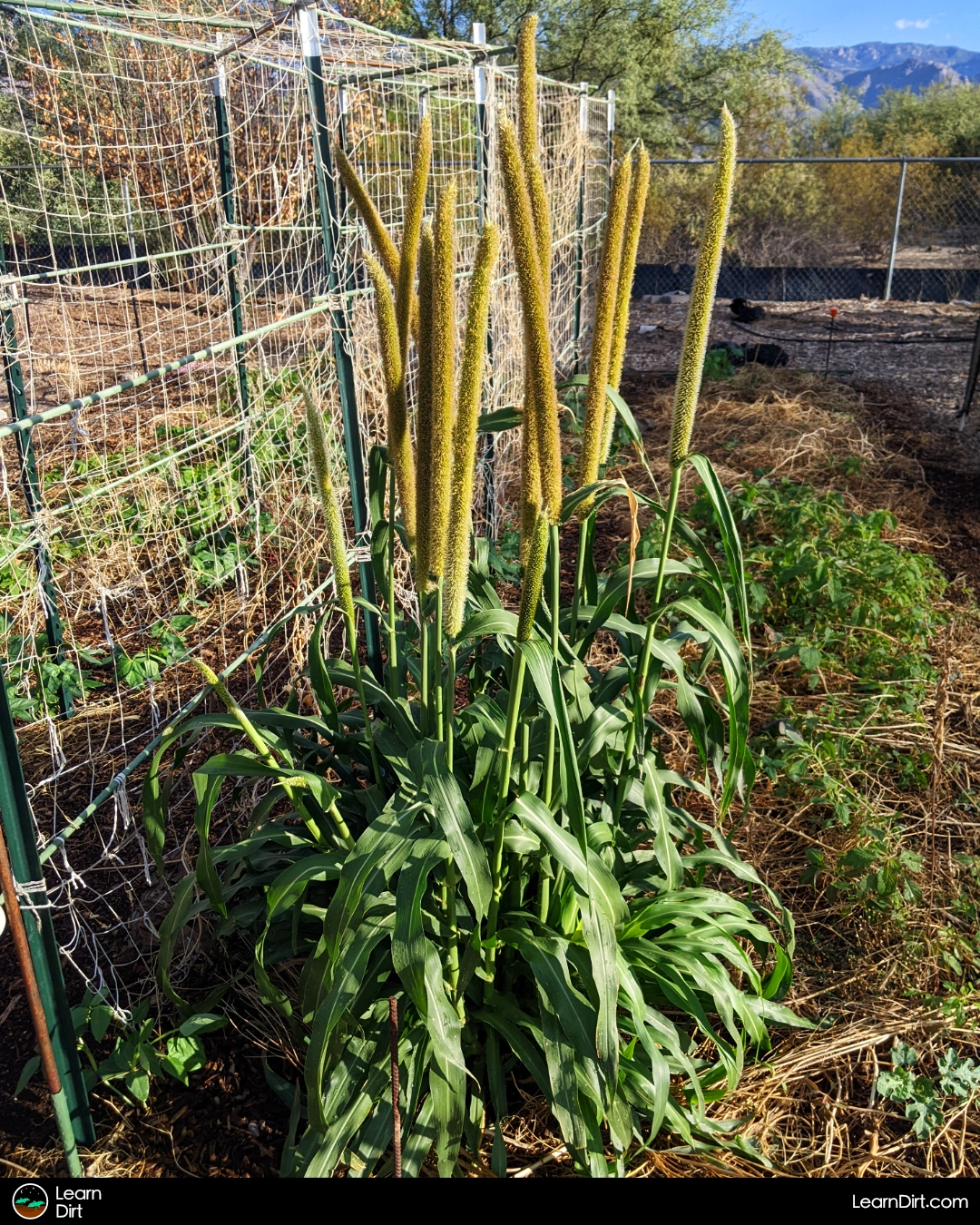
I broadcast millet across 120sq ft, but 20 or 30 plants all popped up where there was a former ant colony (and nowhere else).
These ants likely carried all the millet seed into their colony, ate most of it, and then a bunch of the seeds sprouted all in the same place.
The ants have since vacated the premises, yet the millet clump remain - a testament to their greatness.
Is Sandy Soil the Reason for Your Garden Ants?
Ants favor sandy soils for their colonies, and have much more difficulty creating nests in high quality soil.
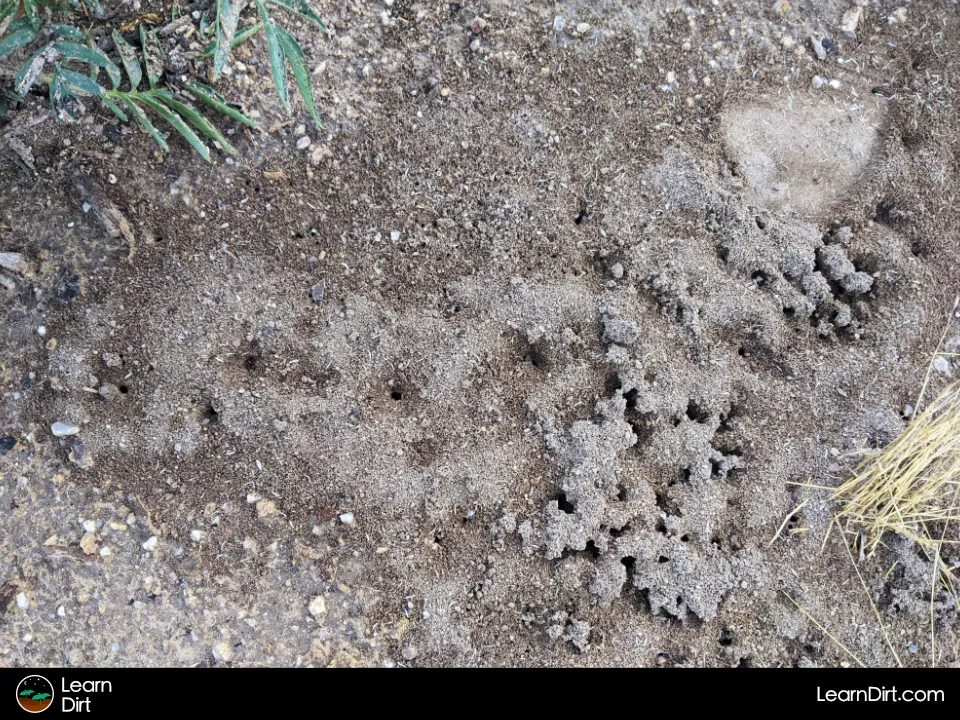
Depleted soils are prime habitat for ants, and I've seen plenty of ants living in gardens which gardeners were not amending with enough organic matter.
They don't like to nest in rich fluffy humus, they like it dryer and grittier. If the soil is poor enough for ants, it's usually too poor to grow veggies well in.
If you improve your soil quality, the ants will generally go find someplace else to live.
They may still strip nutrients from dying leaves and stalks in your garden, and pollinate your flowers, but they likely won't build any nests in your soil if it's got a high enough organic matter content.
Dig Cool Merch?
Build good soil, your ant populations will retreat to sandier pastures.
Final Thoughts...
Looking for ways to control other garden pests naturally? Check out the full guide here.
That's all for now, thanks for reading!
If you have any questions, comments, or would like to connect with fellow gardeners, head on over to the forum and post there.



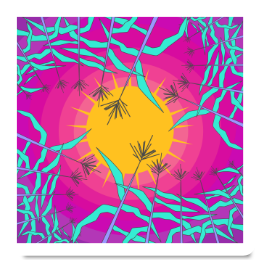
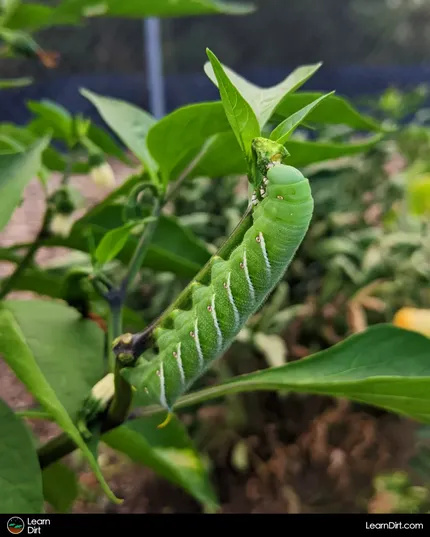
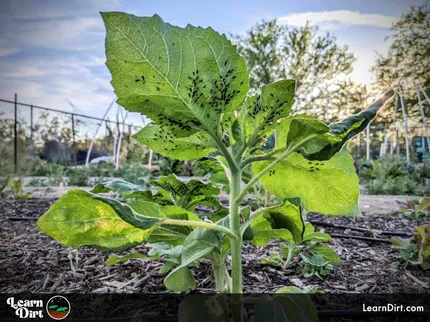
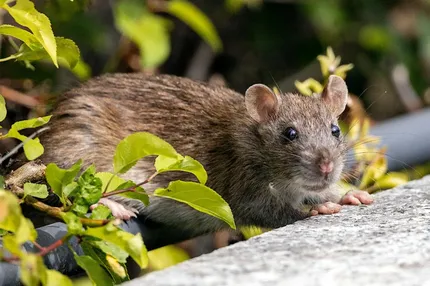
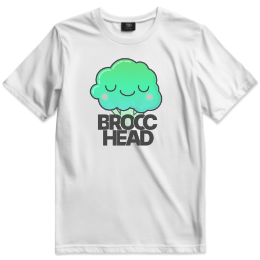
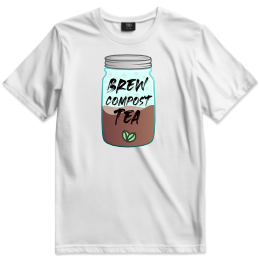
![Don't Till Away Your Carbon [Neon]](/media/product_images/dont-till-away-your-carbon-[neon]_sticker_260x260.png)
